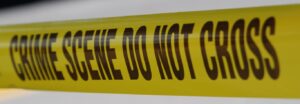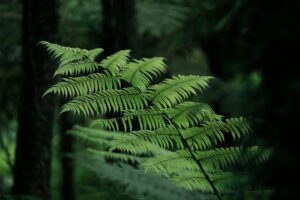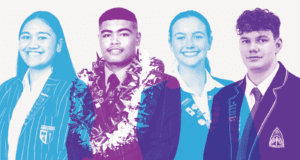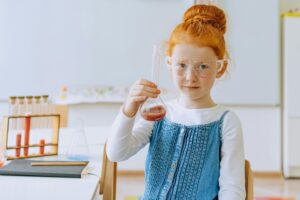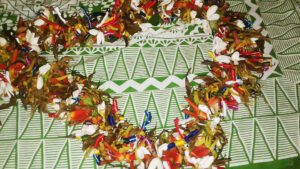We know it is important to elicit prior knowledge, but it seems so time-consuming. How can we realistically assess what students know? Science communicator Mike Stone investigates. What is prior knowledge? Prior knowledge refers to what a learner already knows or understands about a topic before they encounter new information. This knowledge is held in […]
Read MoreSeeing the science of LED lights: Understanding light, energy and efficiency
LED lights are becoming more common. They look similar to the light bulbs that have been in use for the last 150 years, but they use less energy and last much longer. How do they work? Science communicator Mike Stone investigates. Making light Light is released when electrons in a substance are excited, and different […]
Read MoreForensic science: Science at the crime scene
A resource that takes students behind the crime scene. It covers the scientific techniques used in forensic investigations—from collecting clues to analysis—and uses real-world examples to build student interest and understanding of applied science. Guest author Mike Stone investigates.
Read MoreUncovering history with science: forensic science and human remains
Forensic science can be tasked with identifying the identity of human remains. And the process is fascinating. Guest author Mike Stone explains how scientific analysis of these remains can provide interesting insights into our history.
Read MoreKiwi Genetics and Evolution: Unveiling the Origins of Aotearoa’s Iconic Bird
Our national bird is both rare and endangered. We often hear about the conservation of kiwi, but less about how they came to be here and the traits they show. Guest author Mike Stone explores the genetics and evolution of kiwi.
Read MoreTiakitanga in science education: guiding environmental stewardship with Māori perspectives
Many schools use the term kaitiakitanga to mean caring for our environment as a responsible NZ citizen. While a worthwhile aspiration, nevertheless it can unintentionally ride roughshod over a Māori tikanga with deeper meanings which need to be considered.
In consultation with Nick Bryant (Ngāpuhi, Ngati Whatua) Mike Stone learns more about kaitiakitanga and tiakitanga.
The science behind aurora: Understanding atmospheric phenomena
The Aurora Australis was visible over the whole country on May 11, 2024. This was a rare event, but with solar activity ramping up we may see more. Guest writer Mike Stone explores the science of aurorae.
Read MoreFirst Foundation scholarships: Supporting students from low-decile schools
There are many scholarships available to students. First Foundation specifically targets students from families with a low income, and provides significant support for four years. NZASE Science Communicator Mike Stone investigates.
Read MoreCurious Minds: Schools in community science projects
Financial support and expertise is available for teachers wanting to develop more expensive learning projects for their students. NZASE Science Communicator Mike Stone found it is well worth investigating, as these case studies show.
Read MoreHeroic Pacific knowledge: Engaging with Pacific indigenous knowledge systems
Some schools are investigating how to better engage with Pacific indigenous knowledge systems in their science teaching. NZASE Science Communicator Mike Stone explores one school’s journey in this introduction.
Read More


